We Were in the Big One
WE
WERE
IN THE
BIG ONE
EXPERIENCES OF THE WORLD WAR II GENERATION
Edited by Mark P. Parillo

2002 by Scholarly Resources Inc.
All rights reserved
First Published 2002
Printed and bound in the United States of America
Scholarly Resources Inc.
104 Greenhill Avenue
Wilmington, DE 19805-1897
www.scholarly.com
Library of Congress Cataloging-in-Publication Data
We were in the big one : experiences of the World War II generation / edited by Mark P. Parillo
p. cm.
Includes bibliographical references and index.
ISBN 978-0-8420-2797-7
1. World War, 19391945United States. 2. World War, 19391945Personal narratives, American. I. Parillo, Mark, P., 1955
D769.A2 W4 2002
940.54'8173'0922dc21
2001049093
 The paper used in this publication meets the minimum requirements of the American National Standard for permanence of paper for printed library materials, Z39.48, 1984.
The paper used in this publication meets the minimum requirements of the American National Standard for permanence of paper for printed library materials, Z39.48, 1984.
To my father
Who taught me how to apply the Secret of Capablancas Combination to life
ABOUT THE EDITOR
MARK P. PARILLO is an associate professor of history at Kansas State University and a faculty member of the KSU Institute for Military History and Twentieth Century Studies. He earned a B.A. from Notre Dame University and completed his Ph.D. at Ohio State University. He serves as secretary-treasurer of the World War II Studies Association and editor of H-War, the international electronic discussion list devoted to the scholarly study of military history.
The son of a U.S. Marine Corps veteran of World War II, Parillo grew up with an insatiable interest in matters related to the great global conflict. His other publications include The Japanese Merchant Marine in World War II (1993) and several articles, essays, and book chapters on various aspects of the war. He is currently undertaking analytical studies of the Burma Road and Japanese and U.S. utilization of railroads during the Second World War.
CONTENTS
ONE
BECOMING A SOLDIER
TWO
AT THE FRONT
THREE
HEALING
FOUR
SO THAT OTHERS MAY FIGHT
FIVE
SINCE YOU WENT AWAY
SIX
THE ARSENAL OF DEMOCRACY
SEVEN
IN THE WARS SHADOW
EIGHT
COMING HOME
ACKNOWLEDGMENTS
AS MUCH AS AUTHORS ARE LOATHE TO ADMIT IT, A BOOK IS NEVER THE PRODUCT of one persons thoughts or efforts. And for this volume especially many hands have been at work. It is only proper to recognize some of the people and organizations that have enriched it, though I alone must bear the responsibility for its shortcomings, as no one has been better served by his collaborators.
My first thanks must go to Matt Hershey of Scholarly Resources, who had the original idea for this work, labored tirelessly on its behalf, and always placed the quality of the end product above all else, including my penchant for missing deadlines. His patience and wisdom have, I hope, been well served.
Also deserving much praise are the staff members at the Eisenhower Library in Abilene, Kansas, whose efficiency was exceeded only by their courtesy and unfailing good humor. Dan Holt and Mack Teasley direct the operations of a facility unrivaled in the quality of its collections, working conditions for the researcher, and graciousness of staff. Special mention must also be made of the incomparable Dave Haight, whose knowledge of the impressive holdings of the library quite literally surpasses that of any computer.
I can go no further without thanking Professor Emeritus Robin Higham of Kansas State University. He always found time to discuss the work, make suggestions, and offer encouragement, despite a schedule in his retirement that would overwhelm two scholars half his age. I would also like to offer special thanks to James Ehrman of Kansas State University, whose expertise with all things cybernetic is matched only by the outstanding generosity with which he dispenses his remarkable knowledge and his precious time.
I wish also to thank the members of the World War II generation whose works were used in this volume. They and their family members who opened their treasured links to their own personal past to public inspection have demonstrated a true love of knowledge and respect for our collective, shared past. There can be no greater legacy to bequeath future generations.
Finally, I reserve my deepest and most fervent gratitude for my family. My brother Steven assisted with the research, and my father, a veteran of the Marine Corps in the World War II era, proved to be a living resource. Donata, Sunny, Allie, and Taryn, my daughters, abided my late nights and weekends at the family computer and incessant discussions of the book at the dinner table. And special thanks, as always, go to Marcella, my favorite editor.
PREFACE
WHY IN THE WORLD DO WE NEED ANOTHER BOOK ON WORLD WAR II? SURELY THE world has enough literature on this subject, yet more continues to pour forth from authors and publishing houses every month. Oral histories of the World War II generation are receiving special attention now because only recently has it become broadly recognized that these people are disappearing from the population at a rapid rate. So, more and more books and articles are appearing about this group of Americans who participated in the great global conflict. To add to the blizzard of material might appear to be a pointless exercise.
There are, nevertheless, good reasons for undertaking the task. World War II was an event of huge proportions and implications for the United States, as it was for all of humankind. Even the tens of millions of deaths it caused, tragic though those were, cannot begin to measure its impact on the planet. Minor powers were caught in its currents and eddies, and the major belligerents were forced to transform their very fabric in order to wage this greatest of all wars. For no nation is this statement truer than for the United States, where there is plenty of reason to label the Second World War the Big One.
Furthermore, we Americans tend to give short shrift to our wars. We view them as aberrations amid the relatively lengthy stretches of peace when our focus has been on economic concerns, slavery and civil rights, automobiles and movies and the rest of our popular culture, scientific and technological developments, gender equity issues, law and order, our health and health costs, and the activities of our celebrities and politicians. When our wars are over, we try to forget them and turn our attention once more to all our peacetime pursuits. For Americans, watching the Super Bowl or studying our stock market investments is a far more natural pursuit than dealing with our military past.
And yet, our wars, as much as any other kind of event in our past, have shaped who we are today. Although most Americans will grudgingly concede this truth if pressed, we give it little thought as we carry on our daily lives. Yet we do recognize the impact of our military past even in our language and thought patterns, albeit only half-consciously. For instance, we tend to date events by our wars, as in, I havent seen anything like that since before Vietnam, or They stopped making that model before Pearl Harbor. We use references such as the antebellum South, the interwar years, or post-Vietnam. Our wars have been watersheds not only because of their obvious political consequences but also because we, as a society, polity, and culture, have often been changed by the pressures of wartime. Or, more precisely, we have often reshaped ourselves to meet the exigencies of war.
Next page

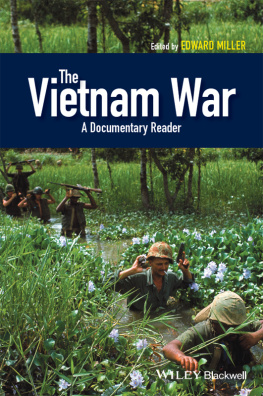

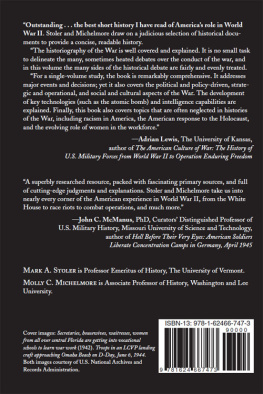
![James Francis LePree Ph.D. (editor) - The Byzantine Empire [2 volumes]: A Historical Encyclopedia](/uploads/posts/book/296844/thumbs/james-francis-lepree-ph-d-editor-the-byzantine.jpg)
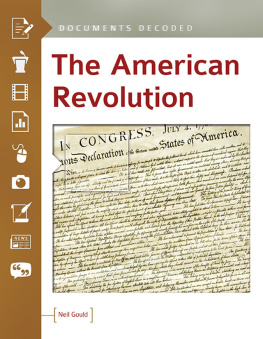
![Patrick G. Zander - Fascism through History [2 volumes]: Culture, Ideology, and Daily Life](/uploads/posts/book/262756/thumbs/patrick-g-zander-fascism-through-history-2.jpg)
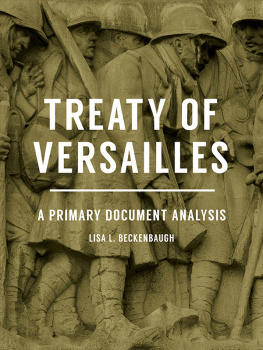
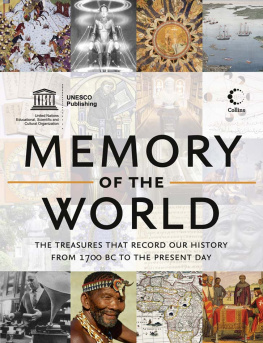
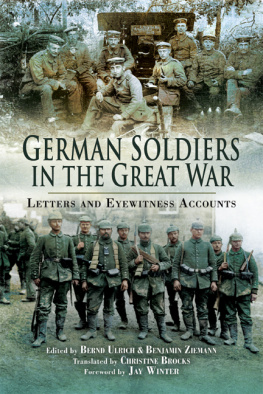
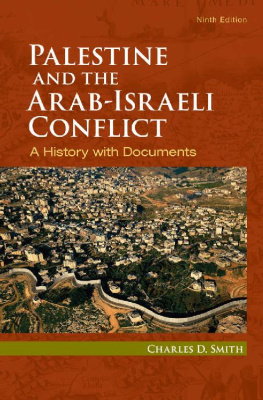
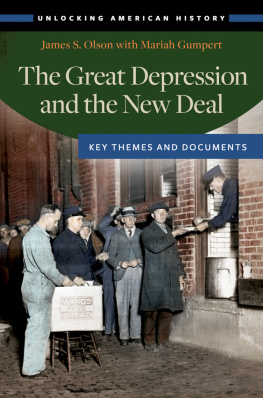

 The paper used in this publication meets the minimum requirements of the American National Standard for permanence of paper for printed library materials, Z39.48, 1984.
The paper used in this publication meets the minimum requirements of the American National Standard for permanence of paper for printed library materials, Z39.48, 1984.